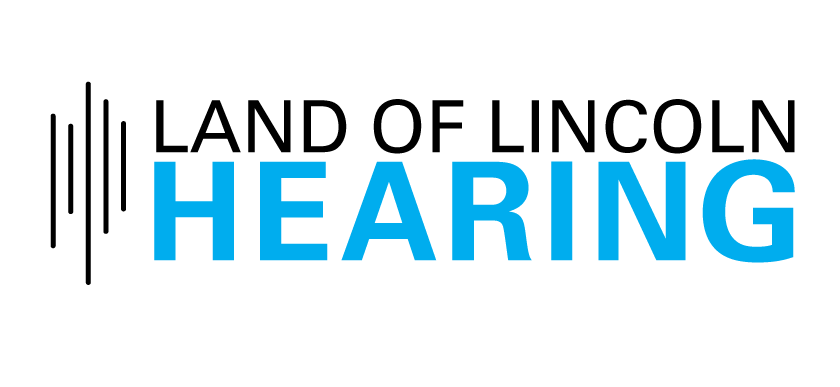This post originally appeared on Starkey.com
At Starkey, we would like to take this coming Veteran’s Day (November 11) to express not only our gratitude to our nation’s veterans and current servicepeople—but also raise awareness of the life-changing conditions many of them now live with because of their service: hearing loss and tinnitus.
Hearing loss and tinnitus are the two most common health conditions that occur in the veteran population.
Here’s how that looks from a statistical perspective:
More than 1.3 million veterans received disability compensation for hearing loss and more than 2.3 million received compensation for tinnitus in 2020 alone, according to the U.S. Department of Veterans Affairs.
The prevalence of “bothersome tinnitus” in the U.S. Army is significantly higher (17%) than the general U.S. population (6.6%), revealed a recent study of U.S. Army Soldiers.
Consequently, the U.S. Department of Veterans Affairs is the largest employer of audiologists and speech-language pathologists in the nation, retaining more than 1,370 audiologists, 410 audiology health technicians, and 450 speech pathologists.
Why hearing issues are so widespread among veterans
Why are hearing loss and tinnitus are so widespread among servicepeople? The answer may not surprise you: hazardous noise exposure. Such harmful noise levels may be generated by military vehicles, aircraft, and extreme blasts associated with combat, training, or even regular job duties.
How loud is this from a decibel (dBA) standpoint? Think of it this way: Normal, “safe” noise levels we are used to are around 70 dBA (85 dBA and up are considered harmful and potentially leading to hearing loss). In contrast, veterans may be or have been exposed to noise levels between approximately 120 to 150 dBA. (This estimate is based on examples from an American Speech-Language-Hearing Association noise chart.)
Hearing help is available for veterans
The prevalence of hearing loss among servicepeople is why treatment for hearing loss and tinnitus is available for veterans through the U.S. Department of Veterans Affairs (often referred to as “VA”). Moreover, Starkey is honored to provide today’s most innovative hearing aids and hearing healthcare to the clinics that support our veterans.
If you or a serviceperson you know would like more information or resources on hearing loss, tinnitus and/or how to get help, head to the Veterans section of this site. There, you can learn more about:
Learn more about your hearing and use your health benefits today. Schedule an appointment with Land of Lincoln Hearing today.





